Men die by suicide four times more often than women but are less likely than women to report mental health issues— “depression in particular,” according to a report by the American Psychological Association. Part of the problem is men’s greater overall reticence to express their emotions, which can be a barrier to treatment, the same report suggested.
As a musician and music therapist, I’m found that music can help men be more open about our experiences with depression, either by describing it in our lyrics, speaking about it publicly, or both.
(Explore how neuro rehabilitative and other treatments at FHE Health are improving people’s brain health and helping to relieve symptoms of anxiety and depression.)
Here are six well-known musicians whose personal revelations about their depression may encourage other men to seek help when they need it:
1. Justin Bieber
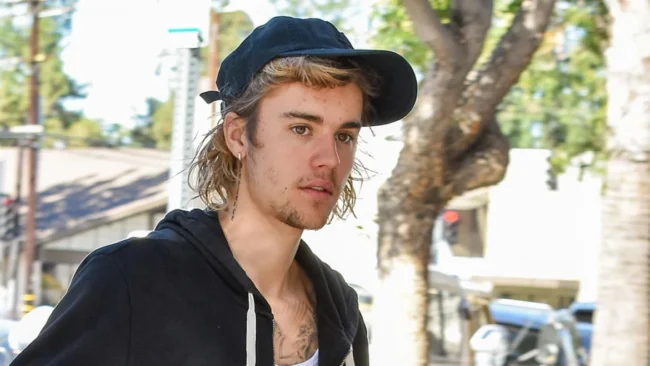
Justin Bieber has shared his experiences with suicidal thoughts and depression in the 2020 documentary Justin Bieber: Next Chapter Since then, he has continued to be open about the mental health challenges that can go along with international fame.
His single “Lonely” describes the isolation of life in the limelight. In a 2019 Instagram post, Bieber was frank about what it’s like to go through the motions of depression: “It’s hard to get out of bed in the morning … Sometimes it can even get to the point where you don’t even want to live anymore.”
2. James Blake
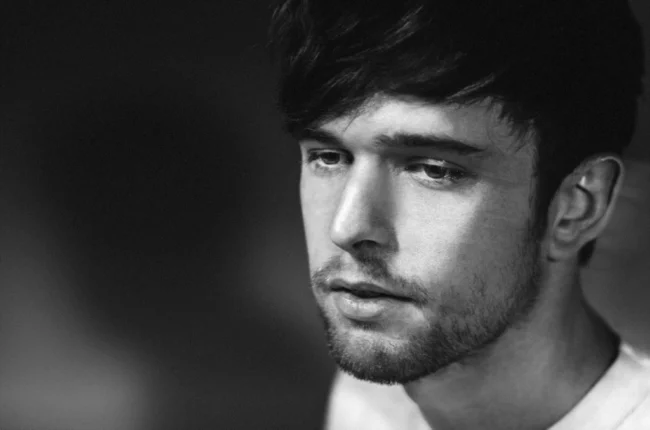
James Blake is transparent about how, after being bullied in childhood and other stresses, he developed suicidal thoughts and found relief from therapies like EMDR (Eye Movement Desensitization Reprocessing).
In 2018, the British songwriter tweeted his discomfort with the nickname “sad boy,” which critics have sometimes invoked to describe the melancholy in his songs: “I’ve always found that expression unhealthy and problematic when used to describe men just openly talking about their feelings.”
3. Eric Clapton
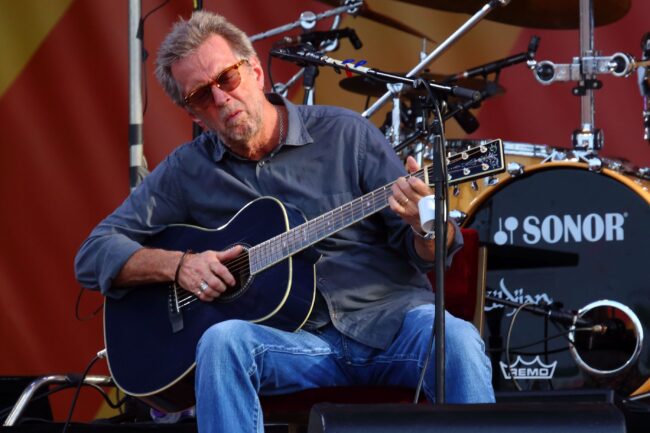
Eric Clapton has spoken candidly about his struggles with depression and alcoholism. The rock and blues singer and guitarist wrote in his autobiography that the only thing that kept him from killing himself was the prospect of not being able to drink again.
Remembering Prince after his overdose death, Clapton said that watching the 1984 film “Purple Rain” had been like a light in the midst of his depression and inspired his song “Holy Mother.” (Clapton said he wrote the song in his hotel room, “surrounded by empty beer cans.”)
4. Kid Cudi
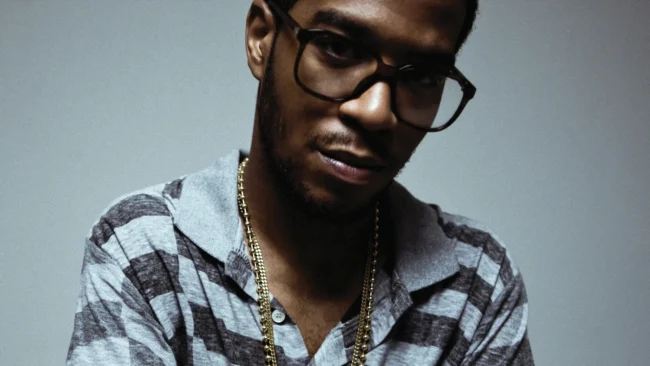
Kid Cudi has shared his lifelong struggles with depression in his music lyrics and with multiple news and social media outlets. The prolific rapper and songwriter divulged in a 2016 Facebook post that he had been hospitalized for depression and “suicidal urges.” More recently he said in an Instagram post, “Sadness eats away at me sometimes.” Cudi’s lyrics can be more direct.
In “Don’t Play This Song,” the first verse ends with,
“Mom’s calling, think I should hit decline/I’m numb-faced while I’m thinking ’bout suicide.”
One of Cudi’s fans wrote in an article for The Ringer that the rapper had helped not just himself but “a generation of kids cope with depression.”
5. Kendrick Lamar
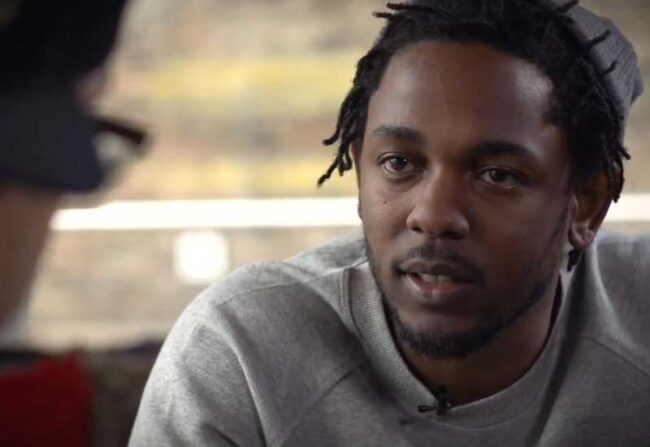
Kendrick Lamar has described his songs as “release therapy” and has been very open about his own struggles with self-loathing and depression in his lyrics:
I’ve been dealing with depression ever since an adolescent
Duckin’ every other blessin’ I can never see the message
I could never take the lead, I could never bob and weave
From a negative and letting them annihilate me
So go the lyrics to the song “To Pimp a Butterfly,” which is also the title of Lamar’s 2015 Grammy-winning album. The song doesn’t end with negativity and despair, however. It’s ultimately a tribute to resilience in the face of difficult circumstances, including times of depression.
6. Bruce Springsteen
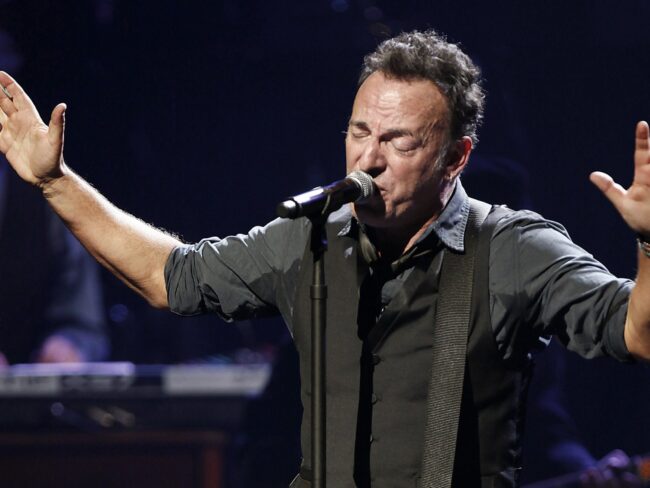
Bruce Springsteen, whose father was diagnosed with paranoid schizophrenia later in life, has been forthcoming about his own struggles with depression. He also has shared his worries that his symptoms might eventually become unmanageable, much like they were for his dad.
In Springsteen’s memoir Born to Run, the American rock icon described his experience of living with and learning to manage depression. He was also open about how medication, therapy, and a supportive spouse (Patty Scialfa) helped get him through the dark times.
Depression can be hard to talk about for anyone. Men especially, though, may struggle to share what they’re going through, thanks to powerful stereotypes rooted in culture and gender.
And in the music industry, where the rate of depression may be double that of the general population, according to a 2018 study by the Music Industry Research Association, it helps to know that some of the most talented male artists have dealt with the disorder and can be open about it.
Their vulnerability makes space for more men—not just in music but other walks of life—to share their personal battles with depression and other mental health issues.
The courage of these six musicians is also worth emulating. One simple way to do that is to ask for help if you’re feeling depressed and to encourage others affected by depression to do the same.
Author Gary Wayne has been a musician for over 40 years, having performed locally, nationally, and internationally from his home base in South Florida. He directs the music and fine arts therapy program at FHE Health, a national addiction and mental health treatment center.
